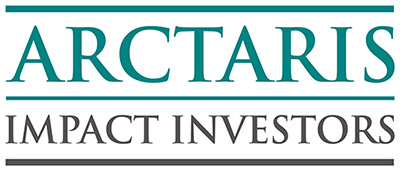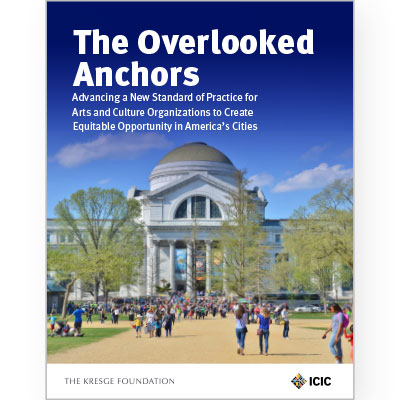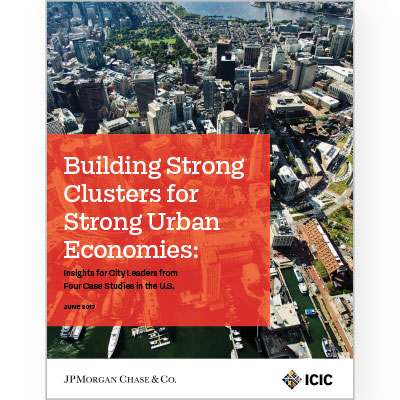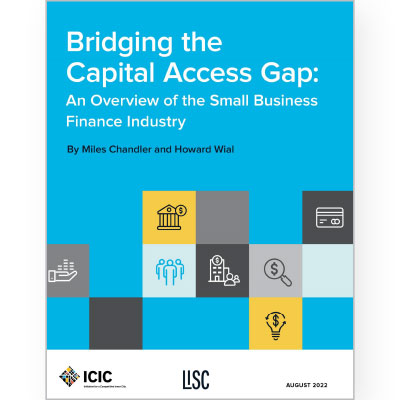Research
Adapting to a Changing Landscape
ICIC was established in 1994 as a research organization. Initially developed to expand on Dr. Michael Porter’s framing of the competitive advantages of inner cities, ICIC’s research agenda quickly grew to include a diversity of topics and positioned us as leading experts on the economies of underserved urban communities.
Dr. Porter’s founding principle of the “competitive advantage of inner cities” aimed to identify potential locational strengths of underserved urban communities, such as proximity to regional economic hubs, potential workforces, and other positives, rather than focusing exclusively on disadvantages. ICIC subsequently developed a quantitative method to identify areas that meet the definition of “inner city,” and deployed ICIC’s research and strategic experts to offer unique data and insights to help public and private partners support these cities and towns.

Expanding Beyond Inner Cities
Over the three decades since this definition was established, the term “inner city” has become progressively less reflective of the landscape of need in the metropolitan areas of the United States. Concentrated poverty, which was once mostlyencountered in the core areas of major cities, has always existed in rural areas and has increasingly spread to suburbs. To reflect this change, ICIC shifted its core mission of serving “inner cities” to include “under-resourced communities” in 2020. Under-resourced communities represent concentrated poverty in both the central cities and suburbs of U.S. metropolitan areas. This detailed understanding of where economic hardship is felt, and by whom, is critical to achieving ICIC’s mission of closing the racial wealth gap through entrepreneurship and economic development.
Broadening the Scope of Anchor Institutions
ICIC has long been recognized as an authority on anchor institutions—large or otherwise influential organizations that participate in community engagement activities and are deeply rooted in their communities. In the early 21st century, economic development researchers and practitioners thought of anchor institutions as including mainly hospitals and universities (“eds and meds”), especially those located in or near low-income neighborhoods of major cities. ICIC’s early research on anchors reflected this view. More recently, though, ICIC has expanded the scope of what regional anchors might look like, investigating the potential anchor roles of arts and cultural institutions and large for-profit companies, including those in smaller cities.
Read the Reports:
The Overlooked Anchors
The New Anchors
Innovating with Industry Clusters
Dr. Porter introduced the idea of industry clusters—groups of firms in related industries that are located near one another and benefit from their mutual proximity—as a tool for analyzing the competitive advantages of regional economies. ICIC pioneered the use of the cluster concept to understand the competitive advantages of “inner cities” and continues to use it to analyze the economies of under-resourced communities. In 2017, we published a cluster growth toolkit to help local leaders leverage the strengths of their urban economies and address the challenges those economies face.
First-of-Its-Kind Report on Black and Hispanic Real Estate Developers
In 2023, ICIC leveraged its expertise on industry dynamics and racial disparities in business ownership to co-author a first-of-its kind report on Black and Hispanic real estate developers. Because real estate development is situated between real estate ownership and business ownership, it has the potential to be a powerful engine of wealth-building for Black and Latino communities. The report describes the current niche that these developers occupy in the market, shows both their strengths and the challenges they face, and details the barriers to greater Black and Hispanic representation in the industry.
Expanding Research Focus
As ICIC increasingly shifted to offer direct technical assistance and education to small businesses, our research focus expanded to follow this practical expertise. ICIC’s small business programs help entrepreneurs develop hard skills in finance, human resource management, operations, marketing and communications, and other key areas. Research has followed suit, carrying out evaluations of technical assistance programs and ecosystems in a variety of cities, as well as providing a comprehensive overview of the small business finance industry with a focus on racial and gender equity.
Read the Reports:
Technical Knockout
Bridging the Capital Assess Gap
Leading Authority on Economic Development of Under-Resourced Communities
Since our inception, ICIC has employed researchers from a wide range of disciplines and specializations. Our interdisciplinary expertise has included economics, geography and geospatial analysis, sociology, urban planning, community-engaged research, and many other realms of knowledge. This diversity of methods and backgrounds is represented in the work produced by our research team. It helps position ICIC as the nation’s leading authority on the economic development of under-resourced communities and the businesses that thrive in them.
ARCTARIS IMPACT INVESTORS, LLC is a Boston-based impact investment firm with experience spanning 13+ years and 7 private funds, with both debt and Opportunity Zone equity investments. The firm manages funds that invest in growth-oriented operating businesses and community infrastructure projects located in underserved communities.

KAISER PERMANENTE is the largest non-profit health care delivery system in the United States, with more than 12 million members and 300,000 employees, operating 39 hospitals and more than 700 medical offices across eight region.

GROVE COLLECTIVE FOUNDATION is a social-impact consulting group, Grove draws on its teams of experienced social entrepreneurs to help CEOs accelerate their sector-changing ideas. Grove’s nationally-recognized social change pioneers identify solutions with the potential for systems changing impact and provides the strategic capacity to bring them to life.

THE SAINT PAUL AUTHORITY is an economic development agency that expands the City’s tax base, serves as a conduit to quality job opportunities, advances sustainable and equitable development, and advocates for river commerce.


“The Saint Paul Port Authority is an economic development agency committed to expanding the city’s tax base and serving as a conduit to quality job opportunities. As such, we make it a priority to advocate for “no net loss of light industrial land” in the City of Saint Paul. It has long been our belief that light industrial businesses make positive contributions to our community and provide jobs with above average pay with low barriers to entry. Thanks to the ICIC’s research, we were able to quantify this information and provide the data to illustrate the contributions our redevelopment projects have made in terms of jobs and taxes.”
Andrea Novak
Senior Vice President of Marketing
Saint Paul Port Authority

“Grove Collective Foundation accelerates economic and social mobility solutions by equipping innovators with teams of experienced social entrepreneurs. Beginning in the spring of 2021, Grove entrepreneurs formed an alliance with a group of the nation’s scaling Black real estate developers and the Siegel Family Endowment to collectively envision how to remove the systemic barriers hindering the growth of Black and Hispanic-owned real estate firms. In partnership with ICIC, we conducted first of its kind research landscaping the Black and Hispanic Real Estate developer market. Thanks to ICIC’s research skill and deep expertise illuminating economic development opportunities in urban America, we were able to surface insights about how to make capital flow more equitably in the industry that have been highlighted by prominent media outlets and Congressional policy makers.”
J.B. Schramm
Founder and Managing Partner
Grove Collective Foundation







